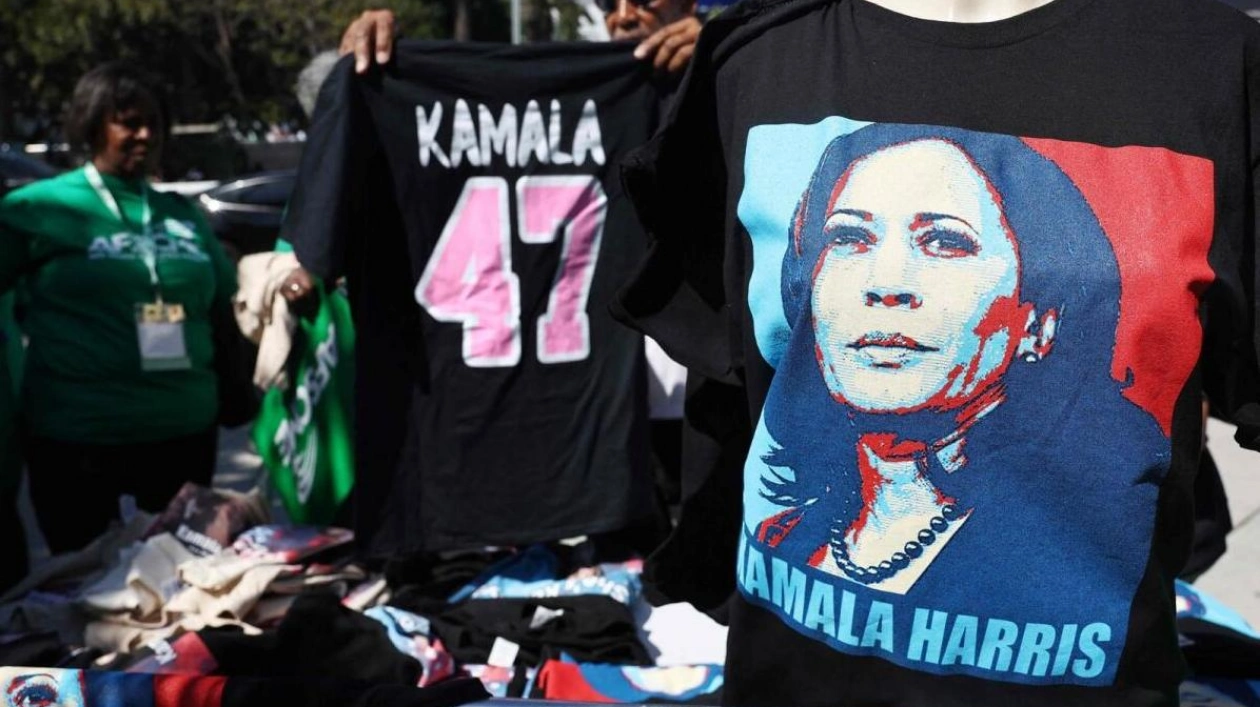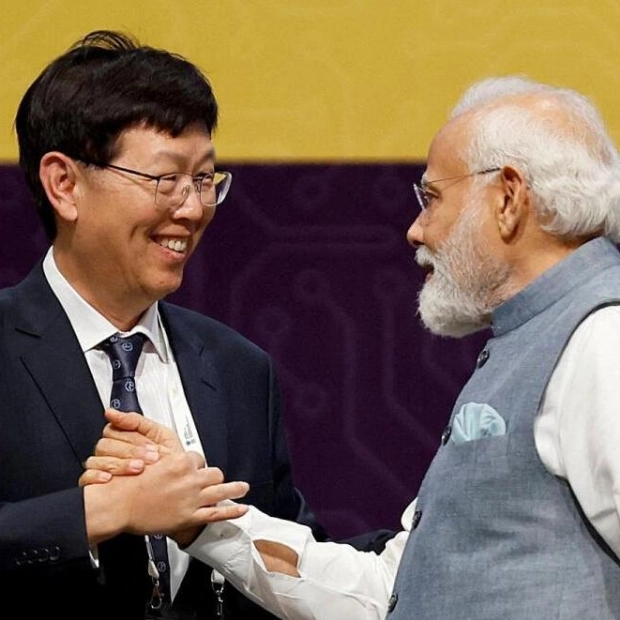Prominent US companies like Google and Netflix are facing internet boycott campaigns due to perceived political affiliations during a highly polarized election season. These campaigns, which falsely accuse both Netflix and Google of funding or supporting Democratic nominee Kamala Harris, highlight the vulnerability of brands to political misinformation that can lead to financial risks. Researchers note that the accounts calling for boycotts include fake profiles on platform X, owned by Elon Musk, who has endorsed Donald Trump and seems to influence voters significantly through the platform, known for its disinformation.
The recent boycott calls against Netflix, which also spread on platforms like TikTok and Instagram, were sparked by false allegations of a $7 million donation to Harris's campaign, as reported by AFP fact-checkers. Reed Hastings, Netflix's co-founder and executive chairman, did make a personal donation to Harris's campaign, but the company clarified it had no connection to Netflix. Despite this, social media was flooded with calls to 'cancel Netflix,' many falsely claiming the company was indirectly funding the Harris campaign. Nearly a quarter of the boycott calls on X were linked to fake profiles that consistently supported Trump over the past year, according to disinformation security company Cyabra.
'Brand disinformation campaigns in today's polarized climate have far-reaching impacts beyond just corporate reputation,' said Dan Brahmy, Cyabra's CEO. The Netflix case illustrates how quickly these campaigns can spread, potentially reaching hundreds of millions, demonstrating how disinformation can manipulate public opinion and consumer behavior. As the election approaches, Brahmy advises brands to remain vigilant. Similar boycott calls targeted Google based on unfounded claims that the company censors election-related content and manipulates search results in favor of Harris. Cyabra identified hundreds of fake profiles on X, many with a history of pro-Trump content, calling for a boycott of Google while promoting another search engine. Musk, who has criticized Google repeatedly, played a significant role in amplifying negative content against the company, according to Cyabra.
Google did not respond to AFP's inquiries about the allegations or the impact of the boycott calls. A recent survey by Sitejabber revealed that 30 percent of respondents had boycotted a brand over political reasons in the past 12 months, while 41 percent preferred companies to keep their political positions private. 'Brands face a delicate balancing act this election year,' said Michael Lai, CEO of Sitejabber. 'While staying apolitical may seem safe, it's important for businesses to understand that even neutrality can be interpreted as a position.' Another survey by Certus Insights showed that consumers were divided over whether corporations should engage in partisan politics, with more than half the respondents saying companies should refrain from doing so. Other surveys suggest consumers blame the brand if its advertising appears next to polarizing, false, or defamatory content. Such concerns have led many advertisers to abandon X, which has reduced content moderation and restored once-banned accounts known for spreading disinformation or hate following Musk's acquisition in 2022. Some advertisers also left due to Musk's controversial statements on the site. Earlier this month, X sued an advertising group and several large corporations, accusing them of causing billions of dollars in losses by 'illegally' boycotting his site.
'Disinformation creates chaos and distrust. Brands normally benefit from a well-informed society,' said Claire Atkin, co-founder and CEO of the anti-disinformation watchdog Check My Ads. 'On the internet, advertisers have allowed tech companies to move their ads away from news and into the hands of bad actors. Now, unfortunately, we are all experiencing the consequences.'






